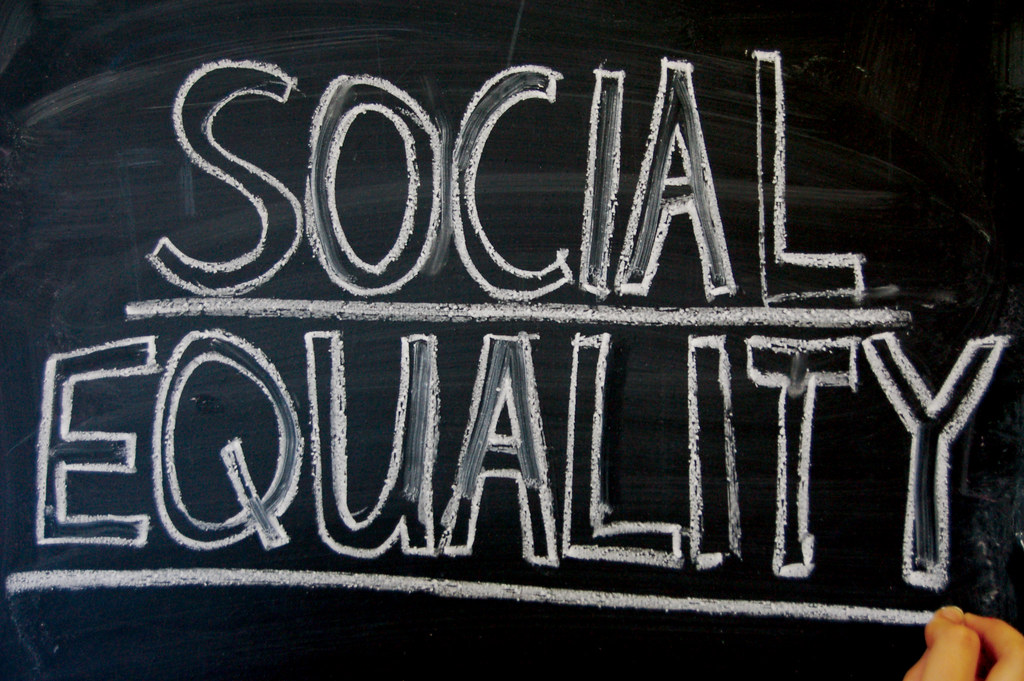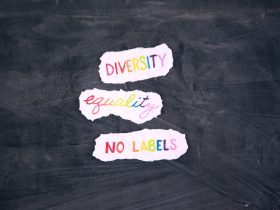In today’s world, the importance of inclusivity and diversity cannot be overstated. To create a more equitable and just society, individuals and organizations must actively work towards fostering inclusivity and embracing diversity. In this article, we will explore ethical strategies for advancing inclusivity and diversity in various settings, including workplaces, educational institutions, and communities. By implementing these strategies, we can create environments that celebrate and value the differences among individuals, ultimately driving positive social change.
Encouraging Open and Transparent Communication
Open and transparent communication is the foundation for building an inclusive environment. Organizations and institutions can encourage employees, students, and community members to share their experiences, perspectives, and concerns without fear of judgment or discrimination. By providing safe spaces for open dialogue, everyone can participate in meaningful conversations that foster understanding, empathy, and mutual respect. This enables individuals to express their needs and challenges, paving the way for collaborative problem-solving and inclusive decision-making.
Implementing Unconscious Bias Training
Unconscious biases are deeply ingrained attitudes and stereotypes that can influence our behavior and decision-making without our awareness. Organizations and educational institutions can implement unconscious bias training programs to raise awareness about these biases and provide tools for mitigating their impact. By educating individuals about unconscious biases, we can cultivate a greater sense of empathy and understanding, ensuring that decisions are made based on merit and not influenced by prejudice or discrimination.

Establishing Diversity and Inclusion Committees
Creating diversity and inclusion committees within organizations and institutions can be an effective way to drive change and ensure ongoing commitment to inclusivity. These committees should be composed of individuals from diverse backgrounds and should be responsible for developing and implementing initiatives that promote diversity and inclusion. By bringing together individuals with different perspectives and experiences, these committees can identify and address systemic barriers, advocate for change, and create a more inclusive environment for all.
Providing Equal Opportunities for Advancement
An essential aspect of advancing inclusivity and diversity is providing equal opportunities for advancement. Organizations and educational institutions should establish clear and transparent criteria for promotion and advancement, ensuring that they are based on merit and not influenced by bias. By implementing fair and inclusive promotion processes, individuals from all backgrounds can have an equal chance to succeed and contribute to their fullest potential.
Embracing Flexible Work Arrangements
Flexible work arrangements, such as remote work or flexible hours, can significantly contribute to inclusivity and diversity. These arrangements accommodate individuals with different needs and responsibilities, including those with disabilities, caregivers, or individuals from marginalized communities. By embracing flexible work arrangements, organizations can create an inclusive work environment that values work-life balance and promotes equal opportunities for all employees.
Fostering Mentorship and Sponsorship Programs
Mentorship and sponsorship programs are valuable tools for advancing inclusivity and diversity. These programs pair individuals from underrepresented groups with experienced mentors or sponsors who can provide guidance, support, and advocacy. By fostering these relationships, individuals from marginalized communities can access networks and opportunities that may have otherwise been inaccessible. Mentorship and sponsorship programs play a crucial role in breaking down barriers and creating pathways for success.
Incorporating Diversity in Recruitment and Hiring Processes
To build diverse and inclusive teams, organizations and institutions should incorporate diversity considerations into their recruitment and hiring processes. This can include implementing blind resume screening, diversifying interview panels, and actively seeking candidates from underrepresented groups. By consciously creating a diverse talent pool, organizations can ensure that their teams reflect the communities they serve, bringing a wide range of perspectives, experiences, and ideas to the table.
Creating Inclusive Educational Curricula
Educational institutions have a unique responsibility to create inclusive curricula that reflect the diversity of their student body and society as a whole. By incorporating diverse perspectives, histories, and cultural experiences into educational materials, students can develop a broader and more nuanced understanding of the world. Inclusive curricula also empower students from underrepresented groups, ensuring that their voices and contributions are recognized and celebrated.
Engaging in Community Outreach and Partnerships
Engaging in community outreach and partnerships is an effective way to advance inclusivity and diversity beyond organizational boundaries. By collaborating with community organizations and leaders, institutions and organizations can amplify their impact and address community-specific challenges. Engaging in community outreach initiatives demonstrates a commitment to inclusivity and provides an opportunity for mutual learning and growth.
Continuously Evaluating and Improving Diversity and Inclusion Efforts
Lastly, it is important to continuously evaluate and improve diversity and inclusion efforts. This can be done through regular assessments, surveys, and feedback mechanisms to gauge the effectiveness of implemented strategies. By actively soliciting input from employees, students, and community members, organizations and institutions can identify areas for improvement and adjust their approaches accordingly. This ongoing commitment to evaluation and improvement ensures that inclusivity and diversity remain at the forefront of their initiatives.
In conclusion, advancing inclusivity and diversity requires a commitment from individuals, organizations, and institutions to create welcoming and inclusive environments. By implementing ethical strategies such as encouraging open communication, providing equal opportunities, and embracing diversity in recruitment and curricula, we can foster a society that celebrates and values the richness of our differences. Together, we can build a more inclusive and equitable world.
Note: This article is a general guide and should not be considered as legal or professional advice. Organizations and institutions should consult with experts in the field to develop customized strategies that align with their specific goals and needs.
References:
































